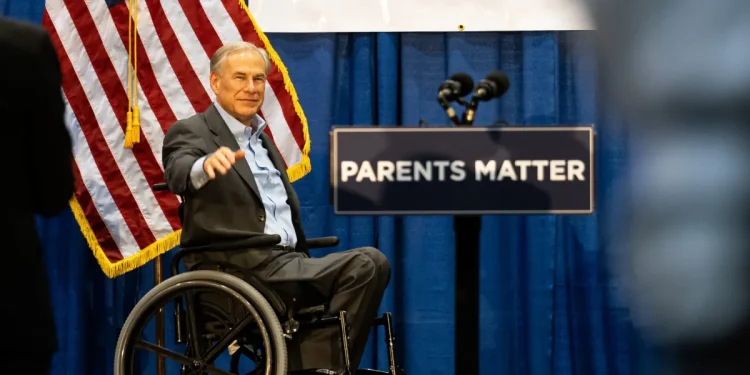The Texas Legislature’s upcoming 2025 session is expected to spotlight private school vouchers as a key issue, reigniting debates over school choice and public education funding. Governor Greg Abbott has been a vocal proponent of expanding private school choice through education savings accounts, a voucher-like program that directly allocates funds to parents for tuition, homeschooling, and other educational expenses. Advocates, like Brandi Stone, a single mother from Fort Worth, see this initiative as a way to create equal opportunities for families with special needs or limited income. Stone, who sends her autistic son Knox to a private school, believes such programs could make private education accessible to more families, leveling the educational playing field.
Despite Abbott’s support and efforts to secure legislative backing, previous attempts to pass voucher-related bills have failed in the House, even during special sessions. However, with Republicans holding 88 House seats and Abbott aligning himself with voucher-supportive candidates, the legislative dynamics may shift this session. The race for House Speaker between Representatives David Cook and Dustin Burrows, both voucher proponents, further underscores the importance of leadership in determining the fate of this proposal.
Opposition remains strong, with critics arguing that education savings accounts could divert funds from public and charter schools, exacerbating existing challenges in the public education system. School districts such as Crowley ISD have included anti-voucher stances in their legislative priorities, emphasizing the need for increased funding for teacher compensation, student safety, and per-student allotments. Meanwhile, demographers like Bob Templeton are preparing to assess the potential impact of vouchers on school enrollments, signaling widespread concern among education stakeholders.
Nationally, states have employed various policies to expand private school choice, including traditional vouchers, scholarship tax credits, and education savings accounts. Lieutenant Governor Dan Patrick has declared education savings accounts a top legislative priority for 2025, with Senate Bill 2 designated for the initiative. Supporters argue these accounts empower parents to place their children in the best learning environments, regardless of income.
For families like Stone’s, the proposed funding—ranging from $8,000 to $10,500 per student annually—could fully cover private school tuition. Stone’s son, Knox, attends Wedgwood Academy, where small class sizes and specialized programs have fostered his academic and personal growth. For Stone, the choice to enroll him in private school was driven by the need for a tailored environment, especially as he transitioned from remote learning during the pandemic.
The debate over vouchers reflects broader tensions about educational equity, funding priorities, and parental choice, making it a critical issue for the Texas Legislature in 2025. With the session set to begin on January 14, the battle over education savings accounts promises to shape the future of schooling in Texas.
